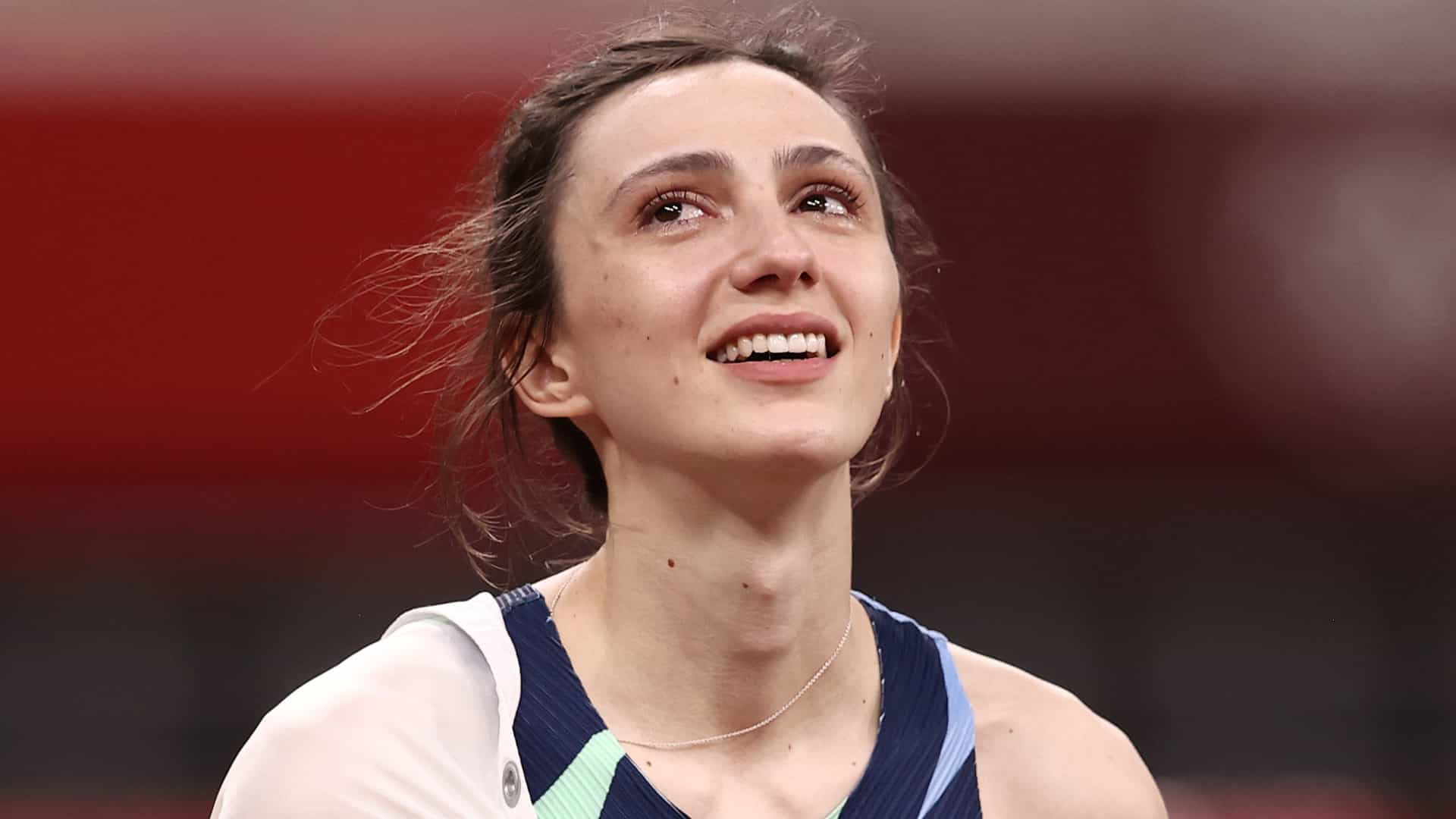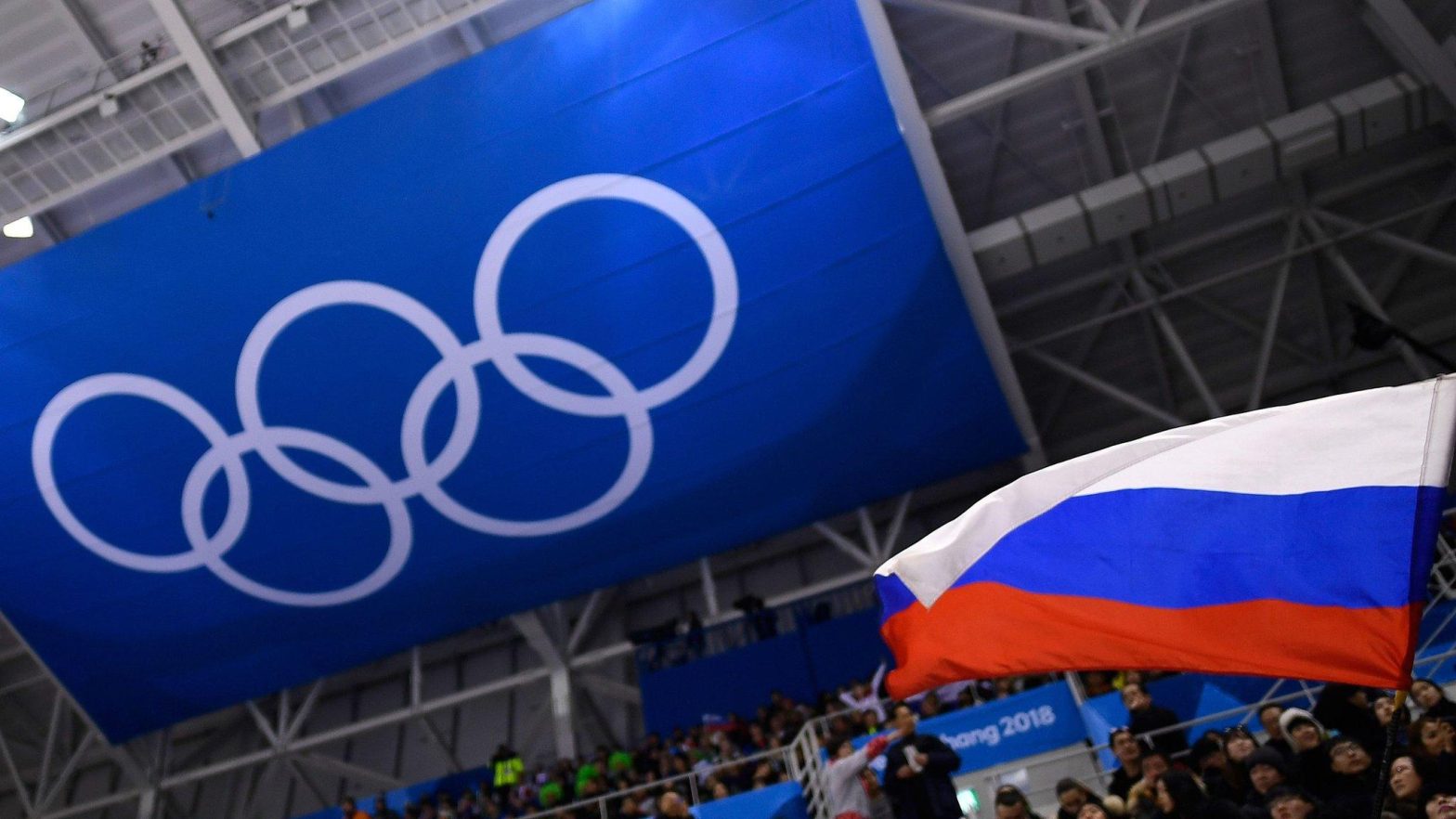The absence of Russian athletes from the Paris 2024 Olympics is a poignant reminder of the intersection between sports and geopolitics. Mariya Lasitskene, the Tokyo 2020 gold medalist and three-time world champion in the high jump, embodies this tension. While participating in a unique athletics-fashion-music event in Moscow, she reflects on her inability to defend her Olympic title due to a ban imposed by World Athletics, barring Russian athletes from competing, even as neutrals, because of the ongoing war in Ukraine. Mariya’s sentiment underscores the pain and frustration many Russian athletes feel, unable to partake in what she describes as the “greatest event in the world.”
Meanwhile, the Russian press and political voices are taking a sharply critical stance against the Paris Olympics. Derogatory commentary from major outlets labels the event as a spectacle steeped in political and cultural controversy, with accusations of it straying from the Olympic ideal of unity and peace. This rhetoric is echoed by figures like Russian MP Mariya Butina, who laments the politicization of the Games while defending Russia’s military actions in Ukraine as a form of “protection.” Such narratives highlight the stark divide between Russia’s portrayal of the situation and the international community’s condemnation of the invasion.

The exclusion of Russia from the Games marks a profound shift for a country with a rich Olympic history. Once a dominant force, Russia has sent only 15 athletes to Paris, competing as neutral participants under strict conditions, including disassociating from military or government ties. This represents a significant contrast to previous Olympics, like Tokyo 2020, where Russian athletes competed under the Russian Olympic Committee banner due to earlier doping sanctions. The lack of broadcast coverage of the Paris Games in Russia adds to the sense of alienation, reminiscent of the Cold War-era boycott of the 1984 Los Angeles Olympics.
In Moscow, a parallel sports festival organized by a nationalist group offers a stark counterpoint to the global event in Paris. Traditional and militaristic activities, from “stick wrestling” to posing in military gear, reflect an inward-focused narrative of cultural pride and resilience. While some Russians, like participants at the festival, express apathy or outright disdain for the Olympics, the spectacle in Paris seems far removed from their lives. This alternative celebration emphasizes a self-contained identity, one that rejects the perceived marginalization by the international community.
For athletes like Mariya Lasitskene, however, the Olympics represent more than politics; they symbolize the pinnacle of competitive sport. Despite finding solace in local events, she admits to missing the thrill of competing on the world stage against the best. Her yearning serves as a reminder that for many athletes, the Olympics are not just about national pride but a personal dream of excellence and achievement that transcends borders—a dream now out of reach for many Russian athletes amid geopolitical strife.
